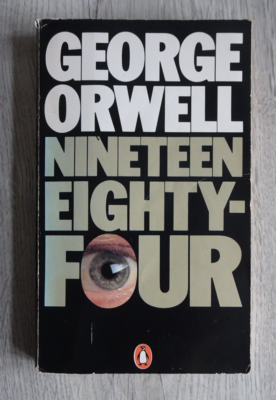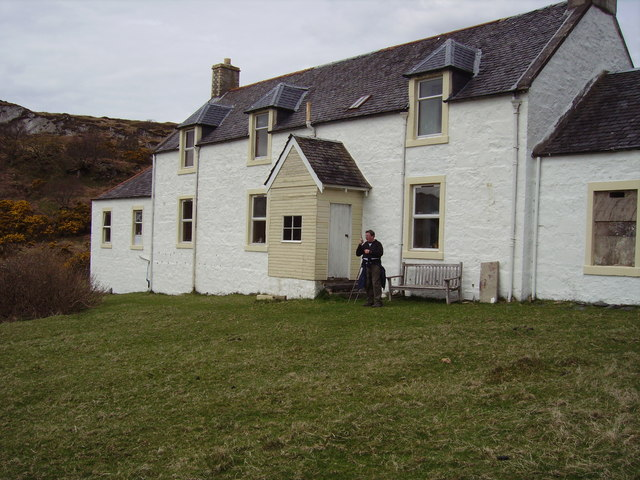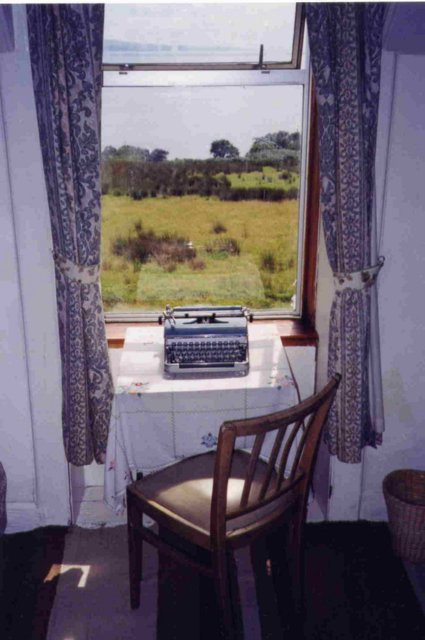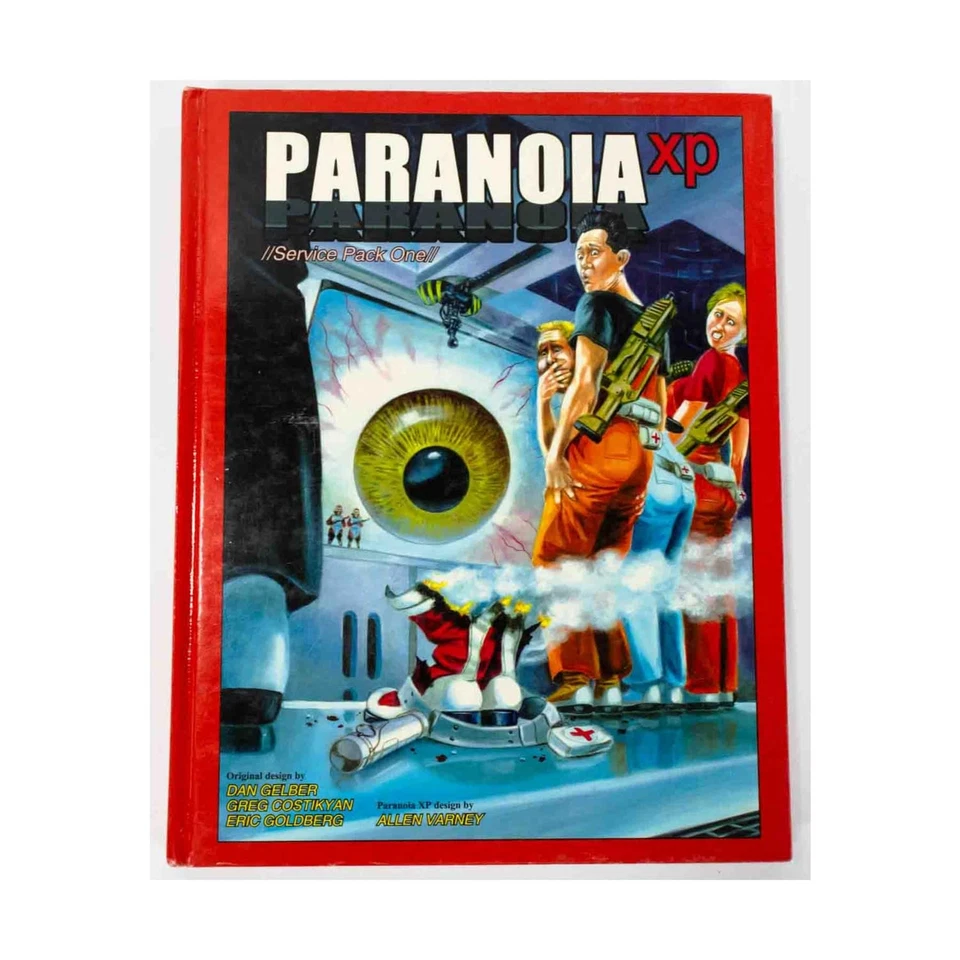2025 Reading Challenge 30 1984

Welcome to Airstrip One. It is 1984.

I bought the book in 1984 when the movie featuring John Hurt and Richard Burton came out, and The Eurythmics’ Sex Crime, also from the movie, was on Top of the Pops. There was an alternative title to 1984 or Nineteen Eighty Four, and that was 1948. Right? No. 1948 is just a myth; there is no evidence that Orwell called this novel after the year in which he wrote it and then, under pressure from publishers, reversed the last two digits - even if my Dad presented this to me as fact, it’s just quite well-reasoned speculation. One title, documented by Orwell, that he did consider was The Last Man in Europe. But all this is just one of many, many untruths that have grown up around the background and writing of the book, a book that is intrinsically about truth and who decides what the truth is.
1984 concerns Winston Smith and his life, serving INGSoc, the Party, a totalitarian government of Oceania. Life is bleak, regimented and likely to end in death by firing squad for real or imagined traitorous activities or through malnutrition and illness. Winston hates this life, but the only steps towards rebellion are a few scratched thoughts in a diary. That is, until he meets the mysterious Julia and falls in love.
Doublespeak, Thought Police, Big Brother is Watching You. Phrases and ideas that have become commonplace in our society, something to think on that a book written over seventy-five years ago could have had such an impact and feel so relevant today. In 2017, Kellyanne Conway, advisor to Donald Trump during his first term, suggested that Sean Spicer had not presented false statements about the size of Trump’s inauguration crowd; it was just that these were alternative facts. Leading to a surge in references to and sales of 1984.
The book is a grim struggle, but so beautifully written; there is hope in the middle section as Winston and Julia find love and hope. But this is systemically destroyed through betrayal, lies, torture and the destruction and recreation of Winston into a model INGSoc citizen, until, we assume, he is executed as all traitors must be. Are we having fun yet?
There is as a fascinating backstory to the writing of this novel as there is to the novel itself. Orwell secluded himself on the Isle of Jura to write it, along with his two-year-old adopted son, Richard Blair. He’d tried to reduce any physical contact with Richard, believing he might pass on his Tuberculosis to him, but perhaps leading to some less than successful father-son bonding. This excellent blog takes the readers on a tour of the house and talks about the various items Orwell used, encountered or left behind.

1984 is sometimes termed a “Death Novel” Orwell most likely knew that TB was to be the end of him, and the constant coughing and sickly demeanour of Winston reflects this; it’s bleak and a hard read at times. But it is fundamentally a satire, a warning for future generations, this could happen, indeed, Orwell had seen fascism first hand in Spain and had thrown himself into the battle against it. A record of this time, including being hit in the throat by a sniper’s bullet, can be found in Homage to Catalonia and helps to understand why he came to write 1984.
Having read Down and Out in London and Paris and re-read 1984, there is much of this author’s writing that just stands head and shoulders above others in my 2025 Reading Challenge. More than anything, it is the clarity and truth that he brings to his writing, to quote him…

I gave the book 9.1 out of 10
TTPRG Thoughts:
Perhaps a somewhat lazy comparison of 1984 is to Paranoia, the role-playing game of a darkly humorous post-apocalyptic world. Admittedly, there are few fun moments in 1984, but I think I’d find a 1984 TTRPG a bit of a mental slog; perhaps playing out a Drama System interrogation scene between Winston Smith and O’Brien would be novel, would it be fun? Also, if we are talking Paranoia and the best version of Paranoia, which is, of course, Paranoia XP (aka Service Pack 1), then we are playing this in Straight or Dark mode as opposed to Classic or Zap.

The other TTRPG I need to investigate in this space is Dark Nation. I backed this in 2022, and I need to get this to the table. In 2026.
1. A Dystopian (sorry for the D word) Surveillance State
1984: Big Brother is always watching. The Party maintains control through constant surveillance, such as Telescreens, propaganda, and fear. Julia and Winston worry about microphones in the woods where they secretly meet, as well as the constant presence of Telescreens and essentially any other human.
Paranoia: The Computer monitors every citizen in Alpha Complex, punishing any hint of treason. Surveillance is everywhere and often absurdly over-the-top.
2. Authoritarian Control & Paranoia
1984: Citizens live in fear of being caught committing "thoughtcrime". Trust is dangerous; betrayal is common, especially indoctrinated children “shopping” their parents to the “thoughtpolice”.
Paranoia: Players are encouraged to betray each other for promotion. Paranoia and mistrust are not just expected but are part of the game's mechanics.
3. Enforced Conformity and Loyalty
1984: The Party demands absolute loyalty and punishes deviation. Individuality is crushed.
Paranoia: Citizens must obey The Computer unquestioningly. Possessing forbidden knowledge or questioning orders is treason. Communist, mutant ideology must be kept secret from the computer and other players.
4. Destruction of Truth and Logic
1984: Truth is mutable; the Party rewrites history constantly. Doublethink and Newspeak erode logical thought.
Paranoia: The rules of the game world often contradict themselves. Logic is twisted, leading to Kafkaesque situations where the only “truth” is what The Computer declares. Probably the most enjoyable aspect as you’re caught in a web of truths and only The Computer knows which is right or wrong.
5. Dark Satire
1984: While deeply grim, it uses irony and satire to critique totalitarianism. But not really too many belly laughs!
Paranoia: Is a black comedy TTRPG. It satirises bureaucratic excess, surveillance, and militaristic control with absurdist humour.